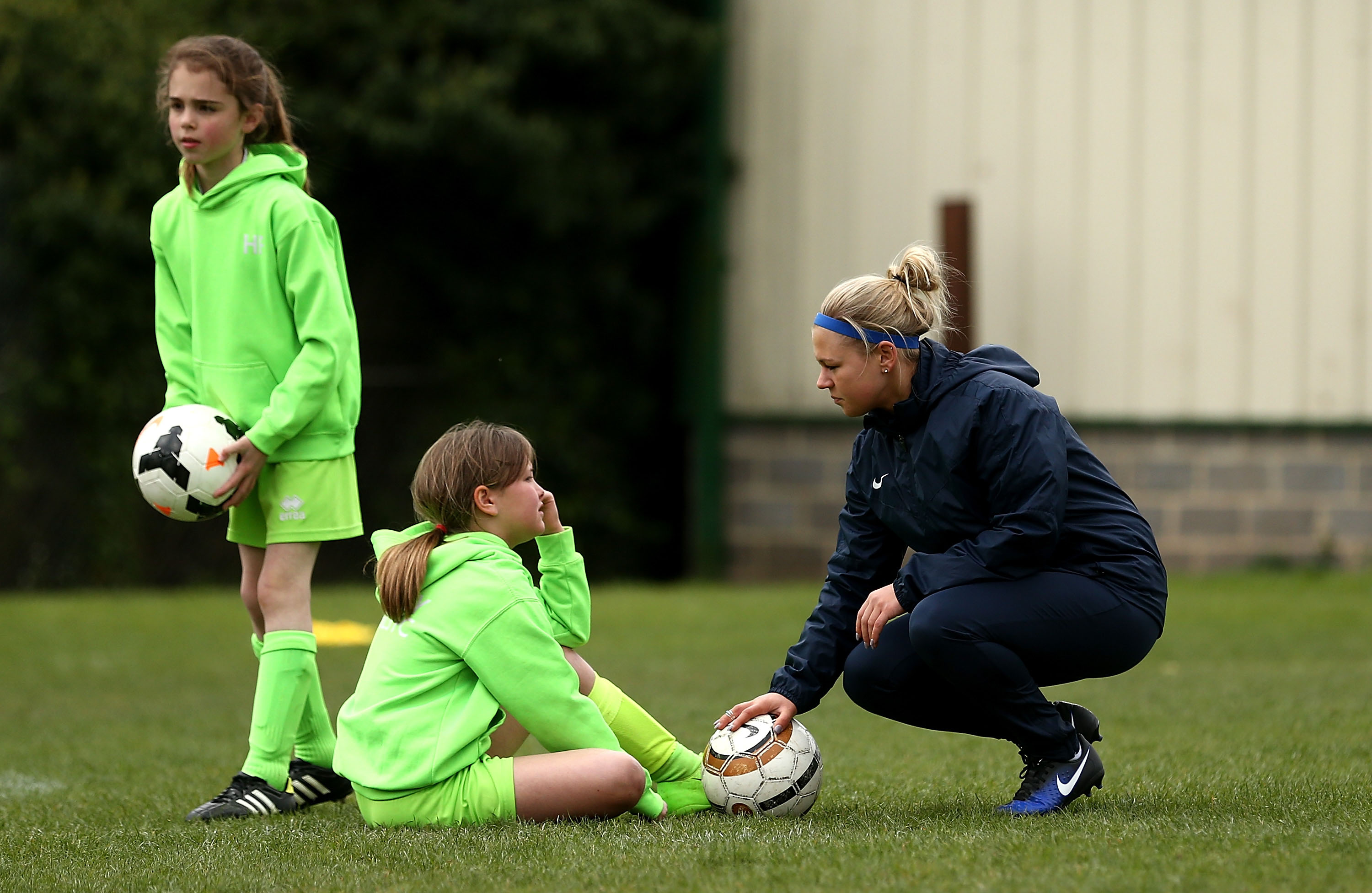Guides

Empathy: the cornerstone of emotional intelligence
- The Boot Room
- 01 October 2018
Empathy is the ability to understand and share the feelings of another person. It’s key to developing healthy, successful relationships and is important for both coaches and players.
Interestingly, our ability to empathise is something we can improve. This article will help to explain how.
1. Developing your players' ability
The simplest way to encourage your players to empathise is to ask them to put themselves in someone else’s shoes. But remember to avoid 'guilt trips'!
Easy examples include questions like:
- When choosing teams, how do you think the player picked last feels?
- When you don’t pass the ball to Emily, how do you think she might feel?
- When you blame Aadil for making a mistake, how do you think that makes him feel?
You should also encourage your players to recognise that their actions may both help and harm the team. For example, staying on the ball is great for personal development – but it might mean you fail to pass to a team mate who's in a great position.
Helping children to understand these concepts requires skill. However, as you begin to build relationships with your players, you’ll get the chance to address these issues and do your best to support your team.
Using stories is another great way to help your players to develop empathy. For example, when parents and carers talk to a child about the thoughts, feelings and behaviours of a character, it can encourage discussions about emotions. This is a great time to explain how to overcome difficult situations so that no one feels bad.
Children between the ages of three and five acquire a 'theory of mind', in other words, an understanding that other people have thoughts, beliefs and desires that may differ from their own.
Empathy is a skill that is important in all areas of life. By supporting its development, you’ll help to give your players a great start – whatever the future holds.
2. Developing your own ability
When you work with young players, you’ll have many opportunities to practise and display empathy. This particularly evident during competition!
Whatever happens, remember that your Foundation Phase team has a lot going on. They've got a wealth of information to digest, a ball to 'tame', and teammates and parents telling them what to do. Your players will also have their own ideas (based on what they see happening and feel capable of doing). For example, they're often driven to makes passes to friends – even if it’s a poor decision.
As a coach, you’re in a position to recognise and manage these issues. You can help by:
- giving clear and simple instructions
- supporting your players’ decisions
- forgiving mistakes – and use them as a learning opportunity
- helping your players to identify important bits of information
- using game-based practices (this illustrates how coaching relates to the 'real world').
By acknowledging the challenges your players face, empathising with their feelings and taking action to manage the situation, you'll help to provide the psychological support your team needs.
Next steps
Take a moment to reflect: do you think empathy is an important trait? Maybe it's helped you support a player or deal with a touchline dispute?
To learn more about Foundation Phase DNA, click here.








